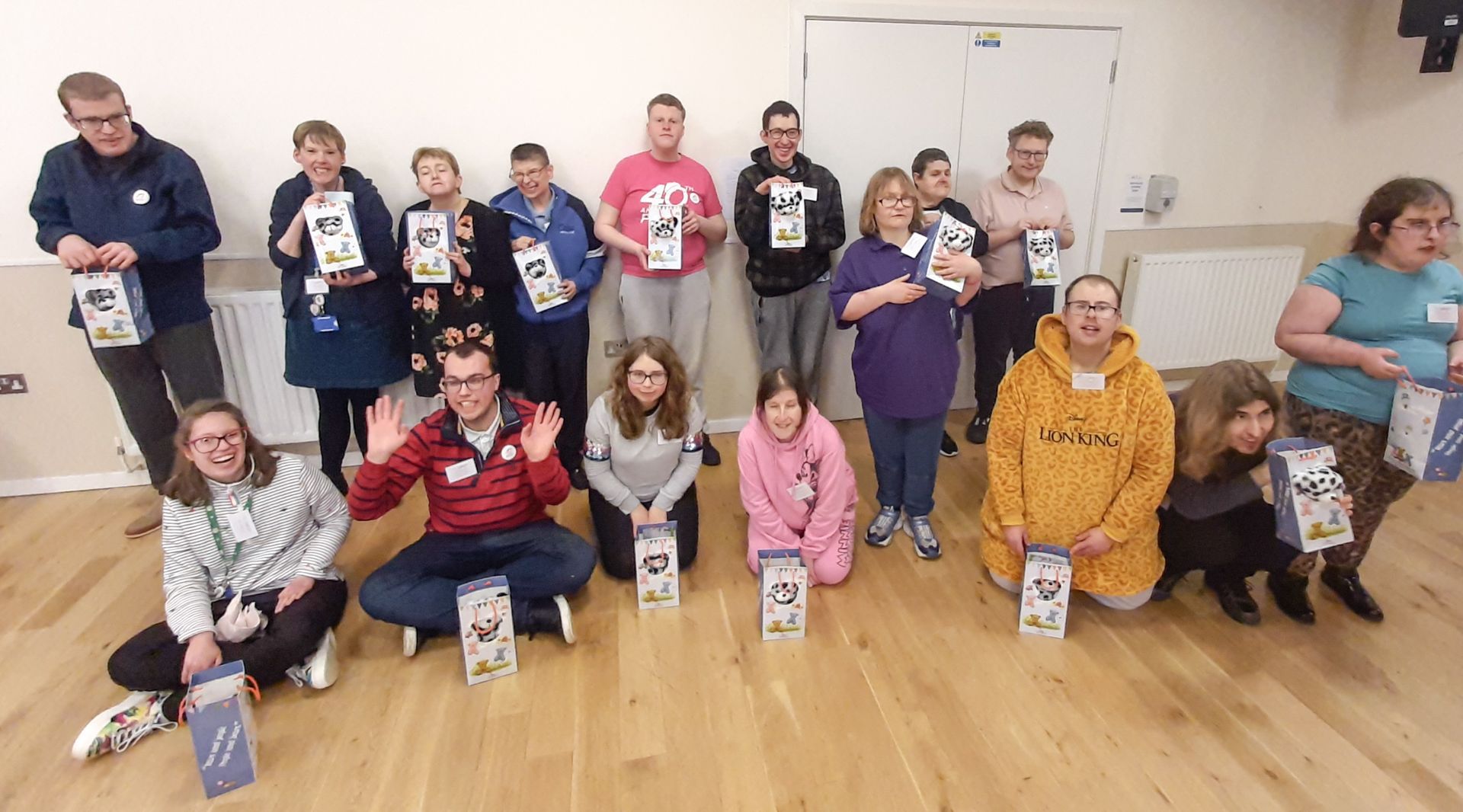Adults with PWS

There are a number of changes that you may need to deal with once a person with PWS becomes an adult. They may be leaving school, transferring from child health services to adult health services and possibly wanting more independence. Many adults often leave home to live in residential care or supported living. Trained and committed care staff are essential for the wellbeing of people with PWS.
The information below will help you through this particular part of your journey. You can also contact our adults lead, Ruth Consterdine, on 01332 365676 or by emailing rconsterdine@pwsa.co.uk.
For resources aimed at adults with PWS, please visit our I Have PWS
page.
PWS Journey
The following links are sections from the PWS Journey - a guide for parents containing information to help them navigate their way through their child's journey from birth through adulthood. Families can obtain a hard copy of the whole PWS Journey, which is updated as their child reaches the next age range, by becoming a member of PWSA UK.
- Social life and relationships (PDF)
- Growing Up animations (link to web page) - a series of short animations aimed at young people and adults with PWS, explaining the physical and emotional changes they will experience as they grow up.
- Health and social services (PDF)
- Behaviour Management (PDF)
- Dietary Management (PDF)
- Mental Capacity (PDF)
- Ageing in PWS (PDF)
- Government Allowances & Sources of Financial Help (PDF)
- Preparing for the future (PDF)
- Residential care and supported living (PDF)
- Recording from Zoom session on Wills and Trusts (YouTube video) Please note that if you wish to get in touch with Sophie Townsend, who hosts this session, please contact us at admin@pwsa.co.uk.
- Speech & Language (PDF)
- Useful Agencies (PDF)
Residential Care & Supported Living - information for parents
We recognise that when the time comes for a person with PWS to move out of the family home and into more independent living, this can be a daunting prospect for many families. There are a number of factors to consider when choosing the right option for your son or daughter, which is why we have prepared a series of downloadable guides setting out the available options and the considerations to be taken into account.
Please click on the links below to download each document:
Residential Care & Supported Living - information for providers
It is rare for a person with PWS to live completely independently - most adults will either stay with their family or move into residential care or supported living. If you are a provider, you may find the following information helpful.
More information can be downloaded here:
- Information for residential care and supported living staff (PDF)
- Important considerations for supported living (PDF)
- Information for CQC & Commissioners Of Care (PDF)
- Good Health checklist for adults (PDF)
- Meeting nutritional needs in residential care (PDF)
If you are setting up a residential care home for those with PWS, then this means you will become a 'service provider' and must therefore register with the Care Quality Commission (CQC).
To find out how to register a residential care home, click here.

